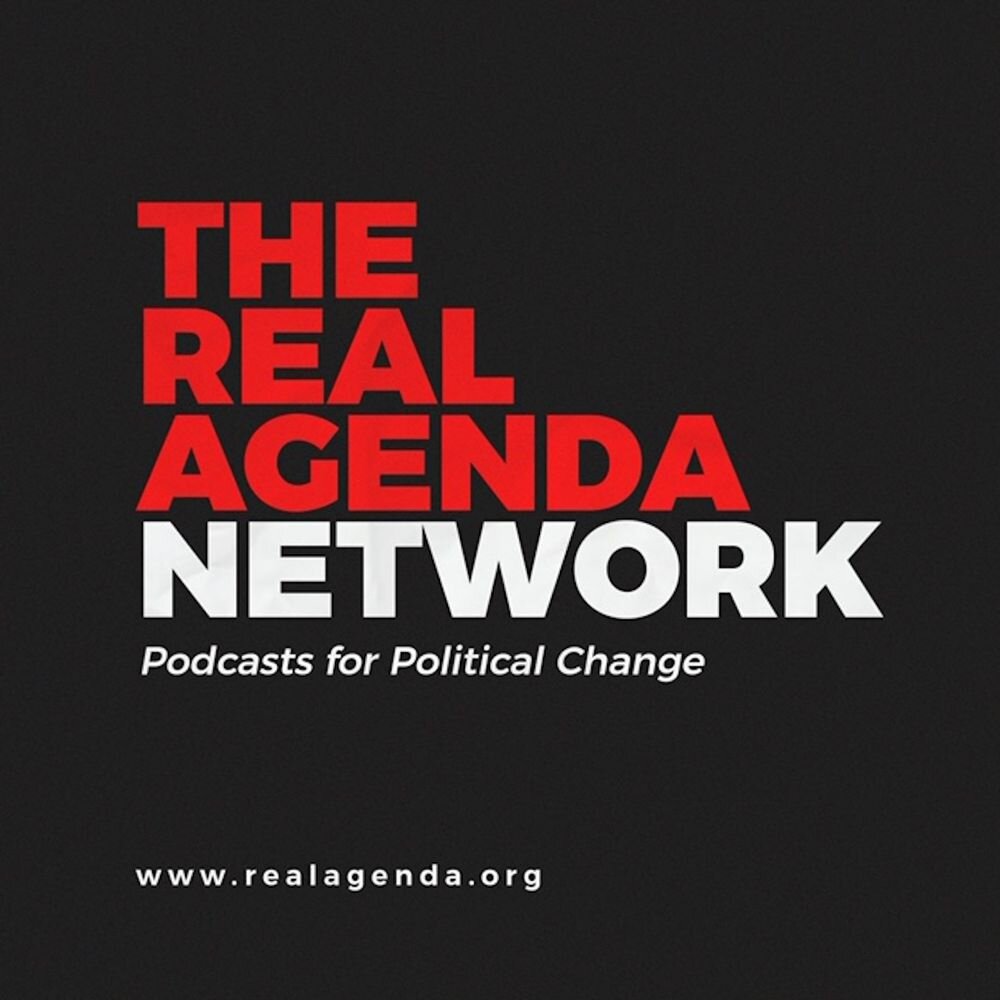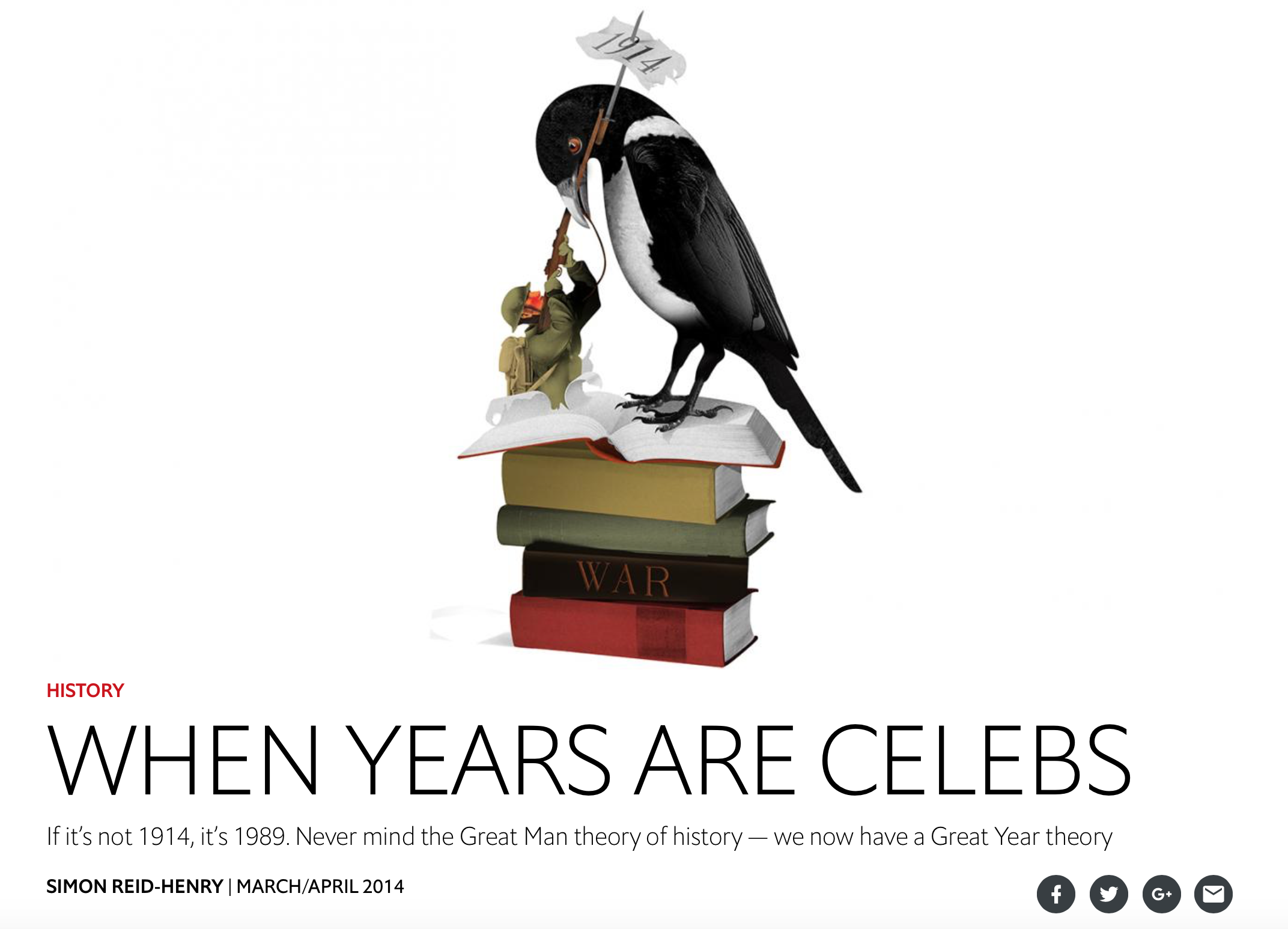Below you can find a selection of interviews and appearances. For further reading see The New Statesman and The Guardian.
Athens Democracy Forum, Opening Plenary
Simon sits down with Roger Cohen of the New York Times and others, including Jutta Urpilainen, European Commissioner for International Partnerships, to discuss the challenges confronting our liberal democratic order.
Capital and Ideology, with Thomas Piketty, Heather Boushey and Martin Sandbu (Video)
Simon hosts three leading thinkers from the UK, France and the US in a discussion of Thomas Piketty’s new book, Capital and Ideology. The event was hosted by Queen Mary University of London and recorded in June 2020.
Simon and panellists including Piera Tortora (Paris Pact for Planet and Future), Maria Perez Ortiz (Aspen Institute), David McNair (ONE Campaign), Amina Zakhnouf (Je m’engage pour l’Afrique) and Gabriella Gomez Mont (Experimentalista) discuss the governance reforms and challenges needed for climate and digital transitions.
Empire of Democracy (Video)
Simon joins John Jeffries at the virtual Stratford Literary Festival 2020 to discuss his new book, Empire of Democracy, and the tidal impact of COVID-19 upon our lives.
A Breakthrough for People and Planet?
Simon joins former Swedish PM Stefan Löfven and others at Arendalsuka for a discussion on the Secretary General’s High Level Advisory Board on Effective Multilateralism.
Hay Festival (video)
Simon sits down with Hay Festival Director Peter Florence for a peek into the main themes of Empire of Democracy, and fields a lot of questions about Brexit.
My Perfect Summer Reading (Financial Times)
Yuval Noah Harari picks Empire of Democracy as a must-have on the beach this summer (2019).
Cuba’s Cancer Hope (PBS NOVA Documentary)
Cuba’s Cancer Hope bases itself on the remarkable story of the development of cancer vaccines in Cuba - part of the story that I originally told in my 2010 book, The Cuban Cure, and which is here taken up by PBS in light of ongoing developments.
The Deep Roots of Anti-Liberalism (Review Article: in Greek)
An overview in Greece’s leading Kathemerini newspaper of Empire of Democracy: an “ambitious historical panorama”.
History Hit TV (Broadcast and Podcast)
Simon sits down with Dan Snow to explore the traditional historiography of the Cold War, placing a much greater emphasis on the importance of the 1970s in shaping the rest of the Cold War, and the period after it. He and Dan talk about the significance of the 1970s, and discuss how events then shape our lives now.
The American Interest (Podcasts)
Simon speaks to Richard Aldous about the 1970s and how they changed the West.
The West today, it is often said, is embroiled in crisis. Some see a crisis of liberal democracy, and fear a reversal of the democratizing trends seen after 1989; others perceive a rupture in the “liberal international order” that has sustained the West since 1945. But as Simon Reid-Henry argues in Empire of Democracy, today’s challenges are better understood by looking at the early 1970s.
The Real Agenda (Podcast)
Simon Joins Tom Burgess, host of the Real Agenda podcast, to talk about the upheavals in or democracy, how this is fueling inequalities, and the rise of image based politicians with answers for everything but solutions to very little. Politicians are not listening, there is not the political will for real change, and there is a crisis of political vision. But this can be fixed especially by updating the voting system. And it is up to us to make it happen.
Du Verden! Podcast (in Norwegian)
In this episode (Episode 17) of the leading international affairs podcast in Scandinavia, Simon joins Stig Arild Pettersen, Ingerid Salvesen og Christian Borch to discuss international trade policies in the era of Trump.
What the end of Sweden’s political “togetherness” reveals about our post-democratic age
Like the Northern Lights, the rise of Sweden’s far-right may appear late and fleeting": that could make it the biggest warning sign yet. The electoral gains made by Jimi Åkesson and the anti-immigrant nationalist Sweden Democrats in yesterday’s elections, where they took nearly a fifth of the national vote, seem on the surface of things to have been a stunning success. The surge in their vote seems to conform to the (by now) usual drama that has played out across the western democracies of late: small right-wing nationalist party makes dramatic gains at the expense of the major traditional parties of centre left and centre right. But is that the whole story?
Europe’s Empire of Democracy (Eutopia Magazine)
Is European democracy in crisis? There are plenty who say that it is. The list of Europe’s democratic woes, common to much of the West, is long and well rehearsed. Corporate power has eroded practices of popular political representation; elections are corrupted by lobby money and media fixations; executive powers have grown at the expense of parliaments; the legislative branch now disposes of a stake in the formation and enforcement of policy; people themselves no longer identify with political parties, they have lost trust and interest in politics; many of them no longer even vote. And this is just at the national scale.
Intelligent Life Magazine (1843)
IN 1970 THE great novelist Aleksandr Solzhenitsyn was putting the finishing touches to what he called “the chief artistic design of my life”. Its title, “August 1914”, was intended to convey to readers everything they needed to know about the content, even if they had never heard of the Battle of Tannenberg, the actual focus of the narrative, or read “The Guns of August”, the Pulitzer prize-winning account of the start of the first world war. This was the book with which Solzhenitsyn hoped finally to outdo his literary nemesis, Tolstoy, by blending history and fiction in a manner so “urgent…so hectic and choppy,” wrote his translator, Michael Glenny, that, “at times it almost leaves you breathless”. Alas, breathlessness can be tiresome over 6,000 pages …
Castro-Guevara: Faux Semblables (TV5 Documentary)
Un film de Anne-Charlotte Gourraud. Quel plus beau couple de révolutionnaires que celui formé par Fidel Castro et Ernesto "Che" Guevara? Pendant 12 ans, jusqu’à la mort du Che, les deux amis, vont traverser des événements majeurs du XXème siècle. Mais, contrairement à la légende, leur relation n’a pas été sans accrocs. Che Guevara, le penseur radical, a-t-il filé vers une mort certaine en Bolivie ? Ou bien Fidel Castro, l’animal politique, a-t-il progressivement lâché son frère de guérilla, devenu trop dangereux, pour se maintenir au pouvoir ? De la naissance d’une amitié révolutionnaire au Mexique, à la fabrication d’une icône à la Havane, ce duel est une passionnante partie d’échecs, où les mensonges et les manipulations ont transformé les règles du jeu.
5-Part Series on the history of development (The Guardian)
At the end of the second world war, the western allies shared an understandable desire to cement lasting international peace after a conflict that had cost so many lives. One of the most effective ways of achieving this, it was believed, was to ensure the economic growth of all countries. The ideas of US economic historian Walt W Rostow, particularly those in his 1960 book, The Stages of Economic Growth, represented one of the most influential attempts to systematise these thoughts.
Beyond Madness (London Review of Books)
The judges presiding over the trial of Anders Behring Breivik in Oslo are due to give their verdict tomorrow. It is likely, though by no means certain, that Breivik will be judged to have been criminally insane when he murdered 77 people last year, and sentenced to compulsory psychiatric treatment. The only other possible outcome is that he be judged criminally responsible for his acts and condemned to life imprisonment. The difference between the two verdicts is in all practical senses minimal: in neither case is he likely ever to walk free again. But in symbolic terms the difference is huge. It represents, in effect, a judgment as to whether Breivik’s actions have political meaning or not.
Still Small Voice of Calm (New Statesman)
Throughout the cold and wet weekend that followed Anders Behring Breivik's murderous rampage, Norwegians gathered at the site of the bombing in Oslo and in the mainland town nearest to Utøya to pay their own tributes to the victims. On the beaches and on the streets, candles flickered in jars. In Oslo's grand old domkirke, the cathedral, their flames mixed with the light streaming through the windows, which were damaged in the blast. On Monday, however, the perfume of sweet-smelling wax inside the domkirke was replaced with the scent of freshly cut roses. The previous day's mourning had given way to a national procession, with 150,000 marching not just for "democracy, unity and tolerance" but "to hold one another near".
India vs. Novartis (New Internationalist)
For six years Swiss drug company Novartis has been trying to get Indians to pay market price for one of its patented drugs, Glivec – a life-saving anti-cancer medicine. Like other Big Pharma, Novartis believes that middle-income countries such as India and Brazil are no longer dirt poor and should now be paying their way for medicines. It argues that India should button up and follow the 40 other countries that already recognize the patent on Glivec. This is rather like saying it thinks India should jump under a bus on the grounds that others have been coaxed into doing so. And it sidesteps what is really at stake in today’s case. Because India may well be a lucrative market and Glivec a blockbuster drug – with a price tag of around 10 times the generic equivalent. But the tenacity with which Novartis has clawed its way through the Indian legal system to bring its case before the Supreme Court belies a far more significant pay off.
To Brush Aside Torture is to Condone It (The Independent)
Despite repeated attempts to sidestep the issue, the British government is facing a number of very serious accusations about possible complicity in torture. The case of Jamil Rahman, whose lawyers announced last week they are to file a damages claim against the Home Secretary, Jacqui Smith – alleging her complicity in his arrest and breaches of human rights legislation during his detention – has joined former Guantanamo detainee Binyam Mohamed's legal struggle in the High Court to obtain evidence from the government pertaining to its knowledge of his imprisonment and torture in Pakistan and Morocco between 2002 and 2004. It is not hard to imagine why the Government might be unwilling to let these cases see the light of day.
The Dark Heart of Scandinavia (Delayed Gratification)
‘On the dark Norway Pine / On that dark heart of mine / Fell their soft splendour’ (Henry Wadsworth Longfellow, The Skeleton in Armour). They were images that shocked the world and would haunt Scandinavia: footage shot from a helicopter above Utøya showed an island strewn with bodies and one man calmly strolling amongst them. The 69 bodies were those of students and volunteers at a Labour Party Youth (AUF) Camp. The man was Anders Behring Breivik and he had just committed a massacre.
Living On (New Statesman)
Five years ago, the French philosopher and founder of "deconstruction" Jacques Derrida died of pancreatic cancer in Paris. Derrida was arguably the most famous (some would say infamous) of all contemporary philosophers. In his prime -- coinciding with the winds of postmodernism that swept university campuses and architectural practices in the 1980s and 1990s -- his influence extended well beyond the academy. On hearing of his death in October 2004, Jacques Chirac declared him "one of the major figures of intellectual life of our time".
What Can We Learn from Scandinavia about Equality? (The New Statesman)
Anyone who has read The Spirit Level - Richard Wilkinson and Kate Pickett's statistical bestseller explaining why greater equality results in happier, safer and generally nicer societies - will know that many of the charts the authors produce plot income inequality from low to high along the x-axis, and some other health or social variable, such as teenage births or educational performance, along the y-axis. And they will know that, on such charts, the Scandinavian countries almost always keep themselves out of trouble in the bottom left-hand corner of the graph. They have relatively low levels of inequality, and accordingly they are less afflicted by the problems to which Wilkinson and Pickett draw attention.
The Assault on the Humanities (The New Statesman)
This week the Dean of the School of Arts and Education at Middlesex University announced, point blank, that the University is to close all of its philosophy programmes. In an email sent to staff, the reason given was "simply financial". The decision -- described by one academic blogger as "venal idiocy" -- has generated a growing online campaign, as did earlier efforts to cut into the intellectual fabric of UK universities at Kings College London and at Liverpool.
Given that this election campaign has been notable for a dearth of meaningful ideas, the timing of these latest cuts is as ironic as the act itself is cynical. British universities and our world-renowned arts and humanities departments in particular, are fundamental to a vibrant polity and society, and to the quality of debate within them. And yet they are increasingly under threat.
The Illusion of a World Without Borders (New Statesman)
The fall of the Berlin Wall twenty years ago was rightly taken as a symbol, not just of the ending of an oppressive regime, but of the dismantling of a monstrous barrier between families, communities and societies. It also marked the moment when a new, more "borderless" world seemed upon us.
It is good that we can celebrate the demise of that ugly institution this week. But we should bear in mind as we do so that, around the world, there remain many walls that still keep loved ones apart, workers from their places of work, and communities from joining together.
Arven Etter Thatcher (Dagbladet)
Margaret Thatcher er utvilsomt den britiske politiker i nyere tid som har forårsaket størst splittelse. Blant sine tilhengere (og egne øyne") var hun ‘jernladyen’, en standhaftig leder som nektet å endre kurs. Blant sine motstandere var hun snarere ‘det helsikes kvinnfolket eller som popgruppa Madness formulerte det, ‘det blåhuda beistet. For ikke å snakke om de noe kraftigere skjellsordene som må ha blitt henne til del i Liverpools arbeiderforeninger eller på havna i Newcastle. Likevel vant Thatcher tre parlamentsvalg på rad, hver gang med økt velgeroppslutning.
The Last Revolutionary (New Statesman Cover Story)
On 11 February 1981, President Ronald Reagan wrote in his diary that “intelligence reports say Castro is very worried about me . . . I’m very worried that we can’t come up with something to justify his worrying.” Reagan’s concern has been the concern of all US presidents since Fidel Castro took power in Cuba in 1959, and set about establishing a communist state just 90 miles across the water from Miami. In response to the emergence of Castro, the US sent the CIA in to Cuba and put in place a trade embargo. So began one of the longest political stalemates of modern history.
The Age of Expeditions is Over (The Guardian)
What began as a petition by a group of younger Fellows, demanding that the Royal Geographical Society return to its traditional role of funding major overseas expeditions threatens to bloom into a far more damaging dispute over the future of geographical research itself. It is important this not be allowed to happen, because geographical research is many things – it is certainly much more than the carrying out of expeditions – and in these global times, we need the full breadth of understanding that geography offers more than ever.





























